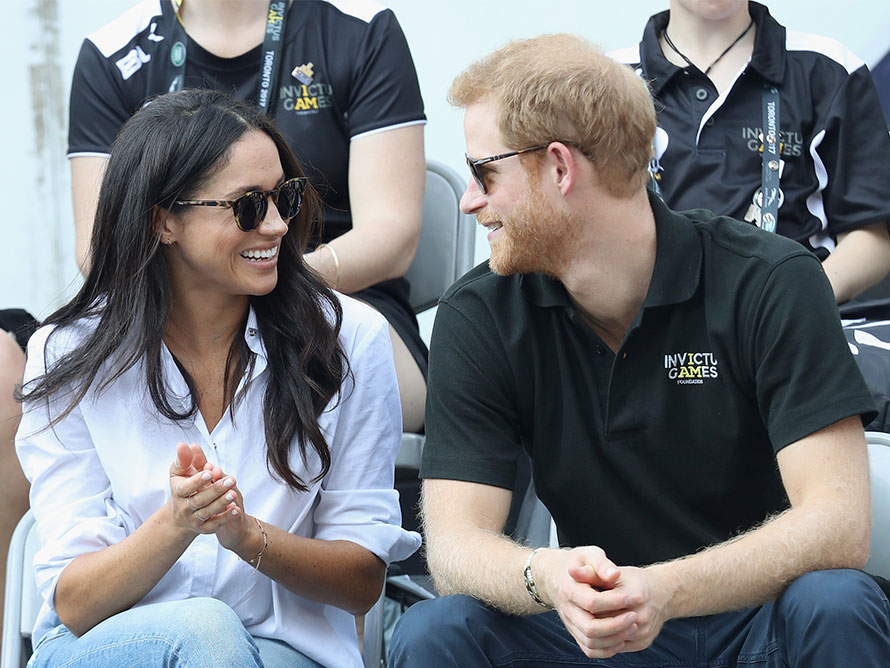What difference might Meghan Markle make to the British royal family? She describes herself as a “strong, confident, mixed-race woman”. Every one of those words is a potential game-changer. 'What are you?' A question I get asked every week of my life, often every day. 'Well,' I say, as I begin the verbal dance I know all too well. 'I'm an actress, a writer, the Editor-in-Chief of my lifestyle brand The Tig, a pretty good cook and a firm believer in handwritten notes.' A mouthful, yes, but one that I feel paints a pretty solid picture of who In am. But here's what happens: they smile and nod politely, maybe even chuckle, before getting to their point, 'Right, but what are you? Where are your parents from?' I knew it was coming, I always do. While I could say Pennsylvania and Ohio, and continue this proverbial two-step, I instead give them what they're after: 'My dad is Caucasian and my mom is African American. I'm half black and half white.' These are the words (in Elle Magazine) of Meghan Markle, Prince Harry's girlfriend who is about to become the next member of the UK's royal family. Like Prince William's wife, Kate, she is what British law considers a "commoner". Unlike Kate, she is an American, an actress, and divorced. Also like Kate (and almost anyone else with British ancestry), if you trace her family tree back far enough, you will find noble, even royal, blood. Her father is descended from Lord Hussey, a member of Henry VIII's court. Her mother's side is very different - Meghan's great-great-great grandfather was a slave who was freed after the US civil warA war between people from the same country. ended in 1865. She would be the first mixed-race member of the royal family in 200 years - perhaps ever. Of course, she is more than just her ancestors. She describes herself as a "strong, confident mixed-race woman", and urges people to: "Introduce yourself as who you are, not what colour your parents happen to be." Is it wrong to focus as much on her heritage as her work? The prince and the showgirl Of course, say some. Who cares whether she is mixed-race, or American, or anything else? All that matters is what she has done with her life - and by most accounts she is a "grounded", talented person who avoids controversy and cares about making the world a better place. She uses her celebrity to advocate refugees' rights, clean water and gender equality. She will fit right in with the new, media-savvy generation of young royals. Her background is important too, argue others. Britain can still be a racist country, as the coverage of her relationship proves: one paper described her mother's neighbourhood as "famous for gangs", while another said readers would be "shocked" to know about her "diverse" background. By welcoming her into the most famous family on Earth, the royals can send the message that these attitudes are unacceptable. That is worth celebrating. KeywordsCivil war - A war between people from the same country.
What difference might Meghan Markle make to the British royal family? She describes herself as a "strong, confident, mixed-race woman". Every one of those words is a potential game-changer.
The prince and the showgirl
Meghan Markle and the start of a new royal era

Glossary
Civil war - A war between people from the same country.
